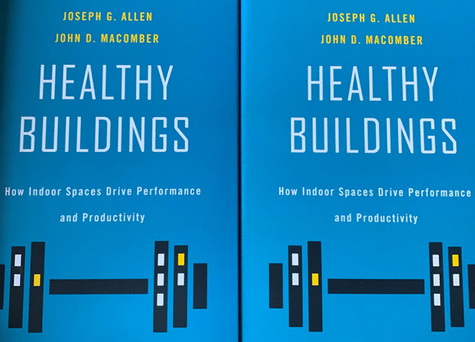IRS Grants REITs Pandemic Relief; Lawmakers Challenge Tax Rules for PPP Loans and Request Greater Flexibility for Opportunity Zones

Several tax policy issues affected by the coronavirus pandemic were the focus of policymakers’ attention this week in Washington, including:
Regulatory Relief for REITs
- The IRS on March 4 granted relief with respect to distributions that publicly traded REITs must make to their shareholders in order to retain their single-level, preferred tax treatment. The new guidance temporarily lowers the minimum percentage of shareholder dividends from these investment vehicles that must be made in cash from 20% to 10%. The agency granted similar relief during the 2008 financial crisis.
- IRS Revenue Procedure 2020-19 is effective for distributions made by REITs on or after April 1, 2020 and on or before December 31, 2020. According to the IRS, the guidance was issued to enable REITs to conserve capital and thereby enhance their liquidity.
- Nareit wrote to the Treasury Department on March 8 seeking the change. “The current COVID-19 has significantly impacted all REITs, but most severely in the lodging, retail, and health care sectors. Many REITs have reduced their dividends because the rents they expect to receive are declining dramatically because of the restrictions put in place or suggested by federal and state authorities,” according to Nareit’s letter.
Congress Challenges Treasury on Tax Aspects of PPP Loans
- Congressional leaders are questioning a recent notice from the IRS prohibiting taxpayers from deducting business expenses paid with loans from the $670 billion Paycheck Protection Program if the loans are subsequently forgiven (see IRS Notice 2020-32, April 30).
- The chairmen of the House and Senate tax-writing committees sent two letters this week to Treasury Secretary Steve Mnuchin urging him to reconsider the Department's interpretation, which significantly reduces the economic benefit of the loan forgiveness for the borrower.
- House Ways and Means Chairman Richard Neal (D-MA), Senate Finance Chairman Chuck Grassley (R-IA) and Sen. Ron Wyden (D-OR), the Finance panel’s top Democrat, wrote that Treasury and the IRS’ position defies lawmakers’ intentions when they passed the CARES Act. "We believe the position taken in the Notice ignores the overarching intent of the PPP, as well as the specific intent of Congress to allow deductions in the case of PPP loan recipients," the lawmakers stated in their letter to Sec. Mnuchin.
- Yesterday, Treasury responded to the lawmakers’ May 5 letter, acknowledging the agency guidance (Notice 2020-32), and that it would “follow up” with Grassley’s office on the matter.
- Additionally, Sen. John Cornyn (R-Texas) on May 6 led a group of Senators in introducing the Small Business Expense Protection Act, which would clarify the PPP so small businesses can deduct expenses paid with a forgiven PPP loan from their taxes.
Covid-19 Relief for Opportunity Zones
- Sen. Tim Scott (R-SC) and eight other Senate Republicans wrote to Treasury Secretary Mnuchin and IRS Commissioner Rettig on May 4 asking Treasury Department and the IRS to consider several regulatory recommendations aimed at providing flexibility to Opportunity Zone businesses and investors in response to the coronavirus pandemic.
- National estimates show approximately $67 billion has been pledged towards investments in Opportunity Zones, with $10 billion in equity already raised. (Sen. Scott news release. May 4)
- The Senators are encouraging 10 specific changes in their letter, which states, “Significant challenges arise from the inability to raise capital; decreased demand for space, products and services; a decline in the local economy; governmental delays; supply chain interruptions; and uncertainty regarding valuations and ability to secure loans and necessary funding apart from Opportunity Zone capital gain investments.”
- The May 4 letter continues, “Relief focused on giving stakeholders, projects, and businesses additional time and flexibility to meet Opportunity Zone requirements, timelines, and thresholds will enable Opportunity Zone businesses to weather the storm and be part of the robust post-COVID economic recovery.”
The Roundtable continues to be a strong supporter of the Opportunity Zones program as a powerful catalyst for transformational real estate investment in designated low-income areas.
# # #


